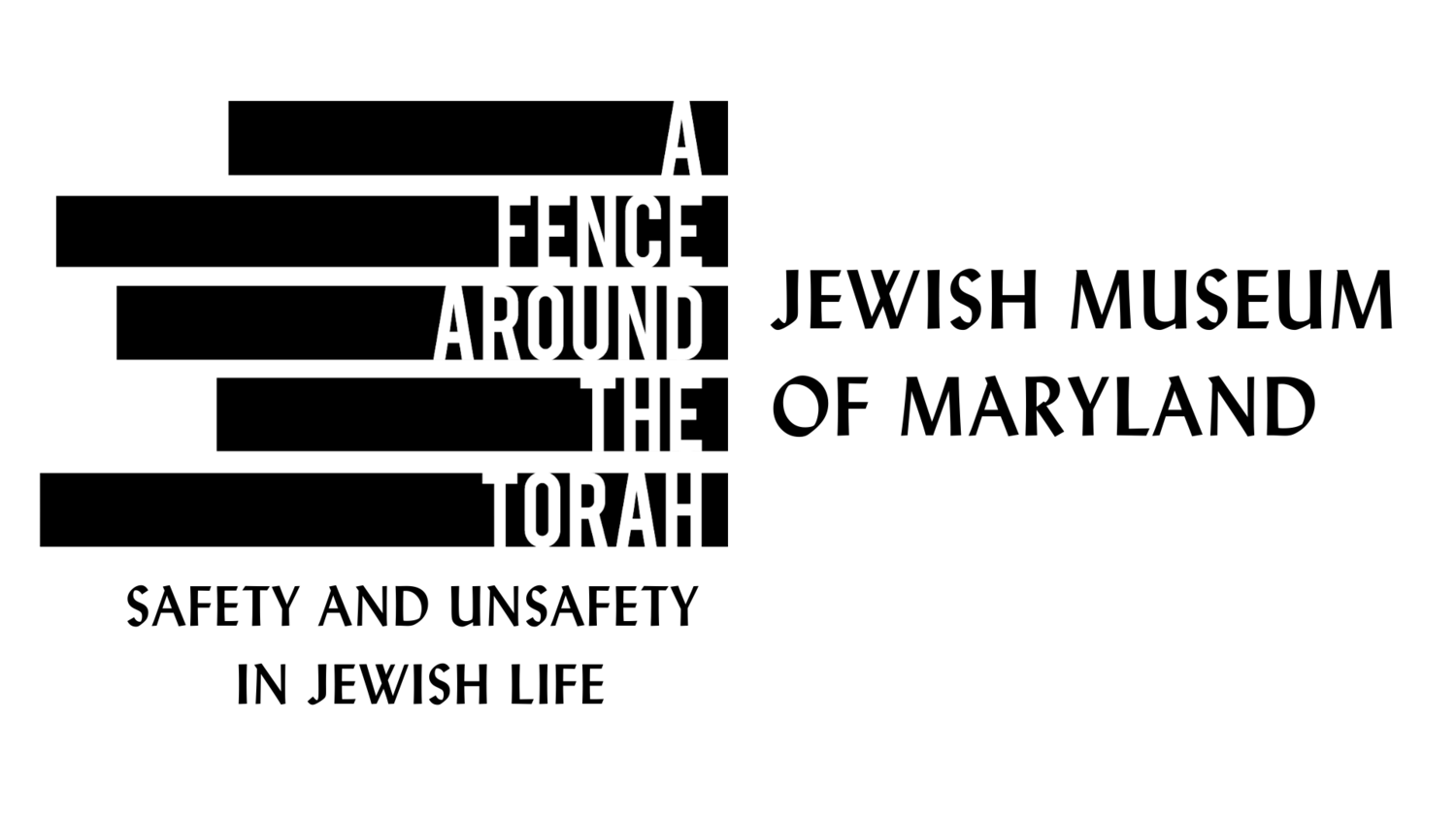
Queer Life
Nicki GreeN
Nicki Green, Sabbath Crock, Glazed stoneware, 2017
ARTIST STATEMENT BY NICKI GREEN
The question of safety is complex as safety is a subjective experience, both a practical and emotional experience that also is very relational and therefore constantly shifting. When I think about my own work, I'm considering what visibility does for safety, how being visibly Jewish and visibly trans allow me to sit within these identities more fully and to model this sitting for those around me, particularly younger trans and Jewish folks.
I make a lot of work about the Nazi-era metaphor of "poisonous mushroom" as a stand in for otherness, and to me, this models reclamation as a means of not practical safety (this is often not something one can control for themself) but of emotional safety- what does it mean to take on, reclaim, re-appropriate derogatory concepts?
In a parallel sense, the mikveh-focused work that I make is about carving out space for trans Jews in ritual practice, considering both why washing rituals are so attractive to trans Jews, but also what these objects might look like if they were designed for our bodies explicitly. That tailoring is a kind of safety, the creative problem solving that intentionally holds spaces for marginalized bodies.
